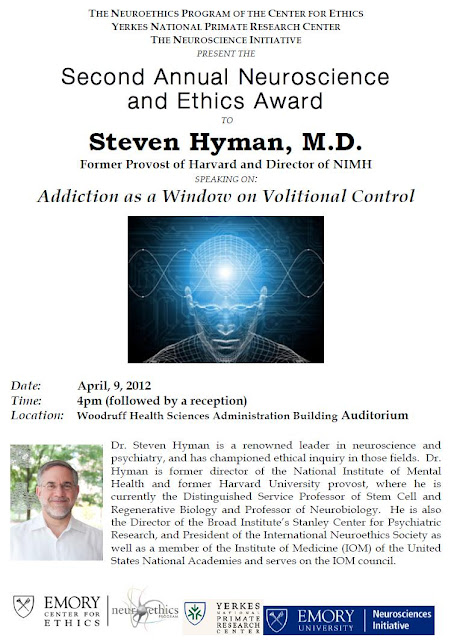Neuroscience, Prediction, and Free Will: Or, Ripping off The Adjustment Bureau
Imagine a world that is exactly like ours, except for one difference: There exist supernatural beings that have the ability to compute the outcomes of human decision making well in advance of any given decision being made. As matter of fact, they are able to predict with 100 percent accuracy what any given individual will do at any given moment for up to six months into the future. They are not super-psychics, per se. Rather these beings have complete access to information about an individual’s history and complete access to the physical state of the world (including the physical states of the individual’s nervous system). These beings can use this information to conduct computations that allow them to predict human decision making. Not only can these beings predict human decision making with pin-point accuracy, but they know exactly how to rearrange things so that you will end up making some decision x at some time t. In other words, if these beings felt so inclined, they could interv




